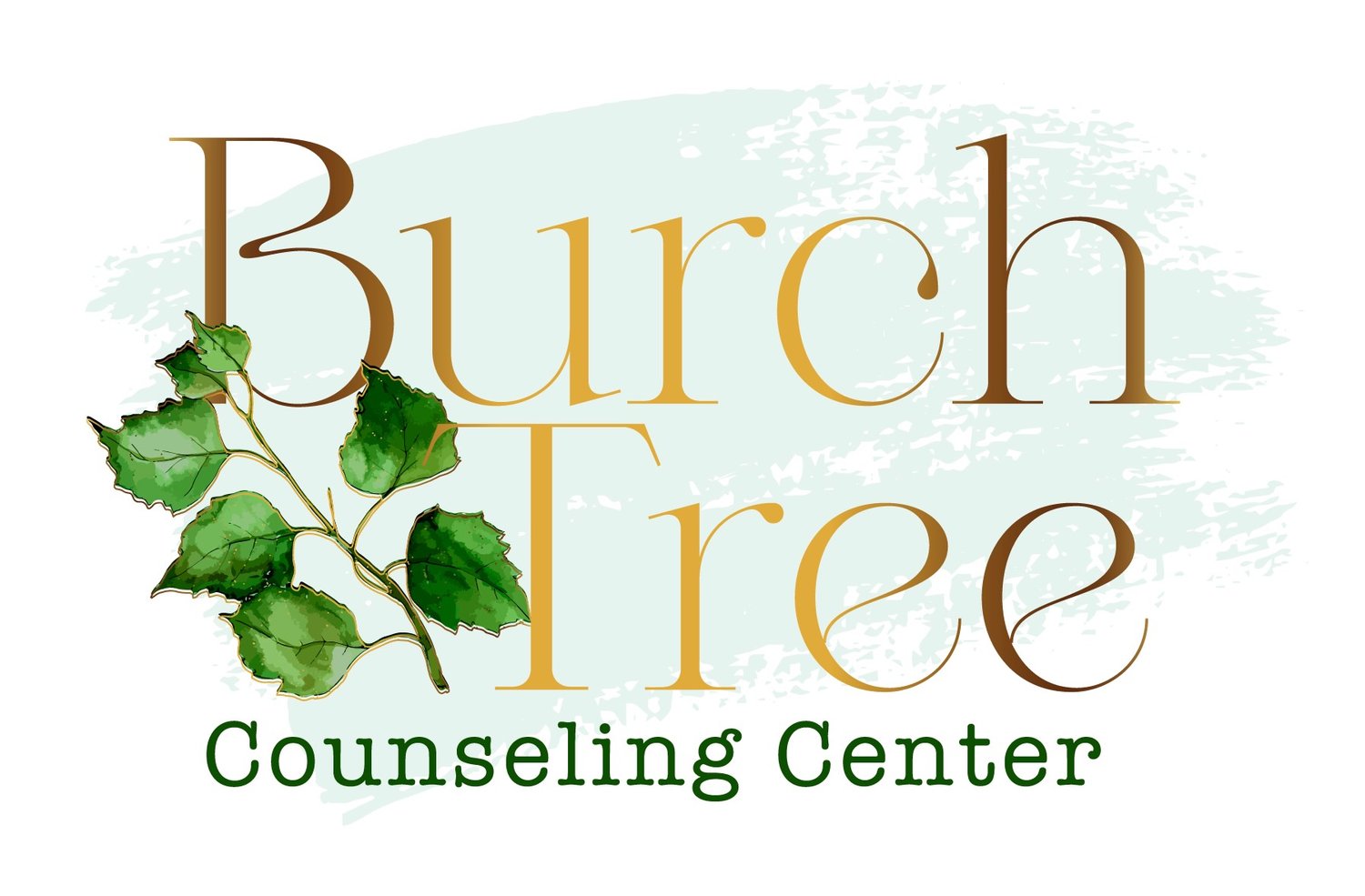Breaking Free from Food Addiction: How to Conquer Cravings and Transform Your Life
How to Know When You Have a Food Addiction
Food addiction often mimics the characteristics of substance addiction. If you find yourself losing control over eating certain foods, craving them even when you're not hungry, or experiencing guilt after consuming them, you might have a food addiction. Other red flags include hiding food, binge eating, or constantly thinking about your next meal.
If you’re in Sarasota, FL, and struggling with food addiction, you’re not alone. Local resources, including Sarasota-based counseling centers and therapists, are available to help you take the first step toward a healthier lifestyle.
What Causes This Ongoing Cycle
Food addiction is rooted in a combination of biological, psychological, and environmental factors. Foods high in sugar and refined carbohydrates are key contributors. These foods spike your blood sugar, leading to a surge in dopamine—the same "feel-good" hormone triggered by drugs or alcohol. However, the subsequent crash leaves you feeling fatigued, irritable, and craving another “hit,” perpetuating the cycle.
Beyond biology, emotional factors play a role. Many in Sarasota, FL, report turning to food as a coping mechanism for stress, anxiety, or unresolved trauma. Emotional eating reinforces the habit of seeking comfort in food, creating an ongoing battle between short-term satisfaction and long-term health.
How to Kick the Cravings
If you’re ready to break the cycle of food addiction in Sarasota, FL, here are some practical steps:
Limit Sugar and Refined Carbs: These foods fuel the addiction by constantly spiking and crashing your blood sugar. Instead, focus on balanced meals with lean protein, healthy fats, and fiber-rich foods that stabilize your energy and reduce cravings.
Identify Emotional Triggers: Start by journaling your feelings around food. Are you eating out of boredom, sadness, or stress? Recognizing these patterns allows you to address the underlying emotions instead of numbing them with food.
Practice Mindful Eating: Slow down during meals, savor each bite, and listen to your body’s cues of hunger and fullness. This can help you reconnect with your natural appetite and reduce mindless overeating.
Build a Support System in Sarasota, FL: Reach out to a local therapist, coach, or support group specializing in food-related challenges. Working with a Sarasota-based counselor familiar with food addiction can make the process more manageable.
Find Alternatives for Comfort: Replace emotional eating with activities that soothe you in healthier ways, such as taking a walk on Sarasota’s beautiful beaches, practicing meditation, or engaging in a hobby.
What Will You Feel Like When You Take the First Step
Taking the first step toward healthier eating can be both challenging and transformative. Initially, you may face withdrawal symptoms as your body adjusts to less sugar and fewer refined carbs. These might include fatigue, irritability, or intensified cravings.
Additionally, uncomfortable emotions might surface as you’re no longer using food to numb stress, sadness, or anxiety. It’s important to give yourself grace during this period and lean into those emotions. A Sarasota-based therapist can help you process these feelings and provide tools to cope.
Over time, you’ll notice changes. Your energy will stabilize, your mood will improve, and the constant mental chatter about food will diminish. While the journey isn’t easy, the sense of empowerment and freedom you’ll gain is well worth it.







